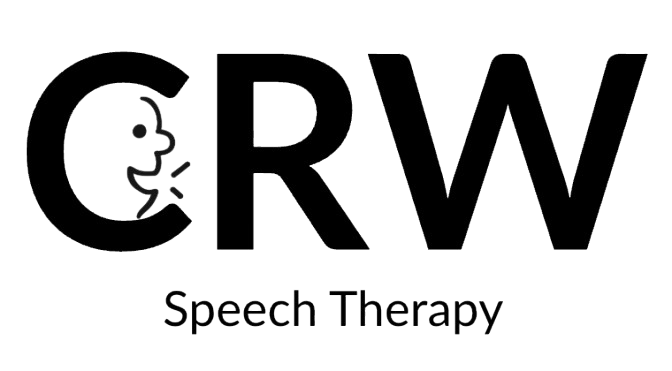When to Get a Speech and Language Evaluation: Trusting Your Gut and Knowing the Signs
One of the most common questions parents ask is:
“Should I be worried about my child’s speech?”
The truth is, if you’re asking that question, your instincts are already doing their job. As a caregiver, you know your child best. If something feels off, it’s worth exploring.
In this post, we’ll walk you through some common speech delay signs, when to seek a speech therapy evaluation, and what the evaluation process actually looks like. (Spoiler: It’s usually playful and stress-free!)
Speech and Language Milestones: A Quick Overview
While every child develops at their own pace, there are general milestones that help guide what’s typical. For example:
By 12 months – uses gestures (like pointing), babbles with intent, responds to name
By 18 months – says around 10–20 words, imitates speech, understands simple directions
By 2 years – uses 2-word phrases, has ~50+ words, begins asking questions
By 3 years – speech is ~75% understandable to unfamiliar listeners, forms longer sentences
By 4 years – tells stories, understands basic concepts like size, time, and emotions
If your child is not meeting these milestones or you’re unsure what to expect at their age, that’s a good reason to reach out to a speech language pathologist.
Signs It’s Time to Consider an Evaluation
Here are some common red flags that signal it may be time for a speech and language evaluation:
1. Your child isn’t meeting developmental milestones
If you notice your child is speaking less than peers, not combining words, or struggling to follow directions, it’s worth checking in.
2. They seem frustrated when trying to communicate
Frequent tantrums, giving up on speaking, or resorting to gestures only could mean your child is having a hard time expressing themselves.
3. Others have trouble understanding your child
If family members, caregivers, or teachers consistently say, “I can’t understand what they’re saying,” that’s a sign clarity might be an issue.
4. You’ve been told to “wait and see,” but something still feels off
Trust your gut. While some kids do catch up on their own, early intervention leads to the best outcomes—especially if your child is at risk for a delay.
What Happens During a Speech Therapy Evaluation?
Evaluations are designed to be fun, supportive, and child-centered. Depending on your child’s age and needs, the process may include:
Play-based assessment (for toddlers and preschoolers)
Observation of communication behaviors (gestures, play, speech, and language use)
Parent interview to learn more about your concerns and your child’s history
Standardized testing or informal checklists
The goal is to get a full picture of your child’s strengths and areas that may benefit from support, not to label or judge.
Final Thoughts: You Don’t Have to “Wait and See”
If you're wondering whether your child would benefit from a speech therapy evaluation, you’re not alone and it’s okay to ask questions. There’s no harm in getting more information, but there can be real risk in waiting too long.
Early communication lays the groundwork for learning, relationships, and self-expression. You have the power to support your child’s journey, and it starts with one small step.
Concerned about your child’s speech or language skills?
Contact CRW Speech Therapy to schedule a free consultation or evaluation. We’re here to support you and your child every step of the way.
